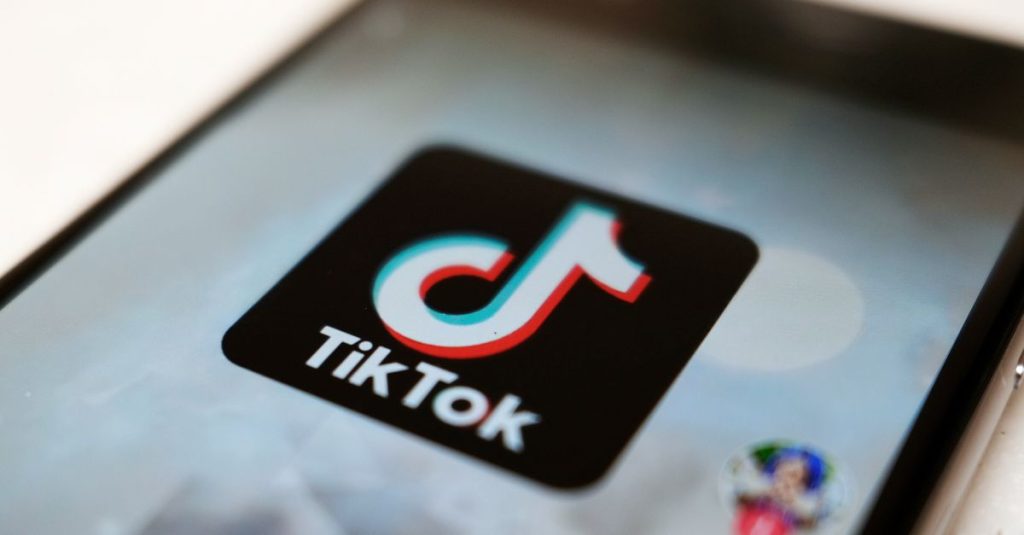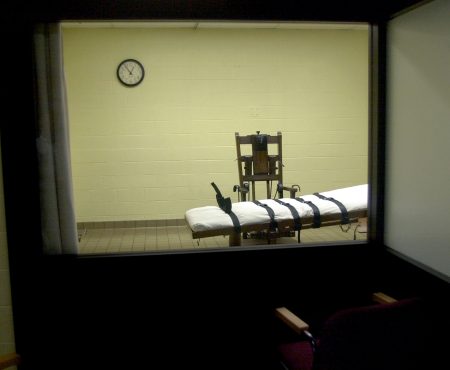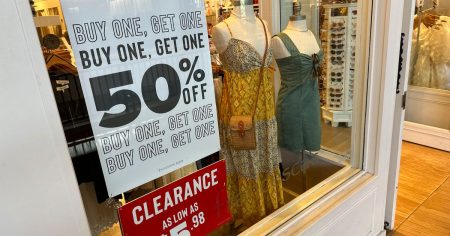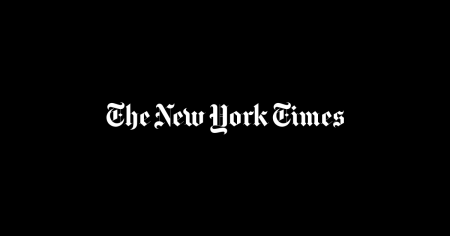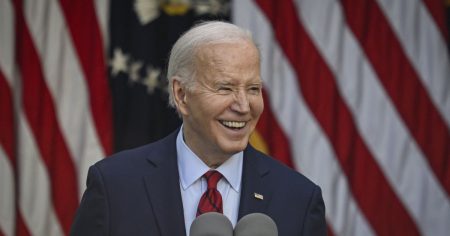On Tuesday, eight TikTok content creators filed a lawsuit against the U.S. government challenging a new federal law that would ban the social media platform unless its China-based parent company sells its stakes within a year. The creators argue that the law violates their First Amendment rights to free speech. The complaint comes from a diverse group of creators who use TikTok for various purposes such as expressing themselves, advocating for causes, and making a living. They argue that the law would deprive them of a unique means of expression and communication. TikTok is covering the legal costs for the lawsuit, which was filed in a Washington appeals court by the same law firm that represented creators in a previous case against a state-wide ban on the platform in Montana.
The federal law requiring ByteDance, TikTok’s parent company, to sell the platform has sparked concerns amid the ongoing strategic rivalry between the U.S. and China. Lawmakers and administration officials have expressed worries about data security and the potential for TikTok to spread pro-China propaganda. TikTok and ByteDance argue in their lawsuit that it would be impossible to divest the U.S. TikTok platform as a separate entity from the rest of TikTok, which has a global user base of 1 billion. They also claim that the Chinese government has made it clear it would not allow the sale of the recommendation algorithm that is key to TikTok’s success in the U.S. The creators involved in the lawsuit, including a Texas-based rancher and a business owner, rely on TikTok for their livelihoods and fear the impact a ban would have on their ability to reach audiences and make a living.
Brian Firebaugh, the Texas rancher involved in the lawsuit, started using TikTok in 2020 to promote his cattle-related products and build his brand. He credits TikTok with allowing him to quit his full-time job and support his family. Similarly, Chloe Joy Sexton, a Tennessee-based content creator who runs a cookie business, found success on TikTok after losing her previous job. She has shared personal details about her life on the platform and has gained over 2 million followers. Both creators argue that there is no evidence their information is at risk and believe the ban would be harmful to their livelihoods and personal lives.
The creators are seeking a declaration that the law is unconstitutional and an order preventing Attorney General Merrick Garland from enforcing it. The Department of Justice has not yet responded to the lawsuit. The legal challenge could potentially end up before the Supreme Court, highlighting the ongoing tension between the U.S. and China over data security and geopolitical issues. The outcome of the lawsuit will have significant implications for the future of TikTok in the U.S., as well as for the creators who rely on the platform for their livelihoods and personal expression.





